The 80th anniversary of the United Nations offered the opportunity to hold an international event in Nairobi, entitled “Cities, Communities, Care-Youth in Action for Sustaining Peace”. The conference gathered many young Africans and representatives from all over the world, protagonists of a renewed momentum towards the construction of peaceful and resilient societies, capable of shaping the future of the African continent, with the vision of a united world at heart.
The high point was the presentation of the “Charter of Commitments”, a document promoting peace through intercultural dialogue, artistic initiatives and community programmes, recognising young people as key “peace influencers” and agents of change. At the heart of the vision presented is the adoption of the values of ubuntu, the African philosophy that calls for sharing and reciprocity, as the foundations of a caring society. Young people encourage the United Nations and the African Union and appreciate their role in supporting and collaborating with local governments, civil society actors, religious institutions and youth organizations, in promoting solidarity, justice and equality, both locally and globally. The Charter advocates concrete actions for more welcoming cities, sustainable development, new impetus for youth entrepreneurship and a new African vision, free from borders and barriers. It stresses the urgency of greater inclusion, training and youth participation in decision-making, at all levels.
This appeal comes at the end of the event organized by New Humanity, the NGO of the Focolare Movement. It took place in the Mariapolis Piero in Nairobi. Partners included: UN Habitat (the UN agency for urban development), UNEP (the United Nations environment agency), the Laudato Sì Movement in Africa, Greening Africa Together, Living Peace International, Africa Interfaith Youth Network, International Sociological Association, ASCES University Center of Caruarù in Brazil and all the social, political and cultural expressions of the Focolare Movement.
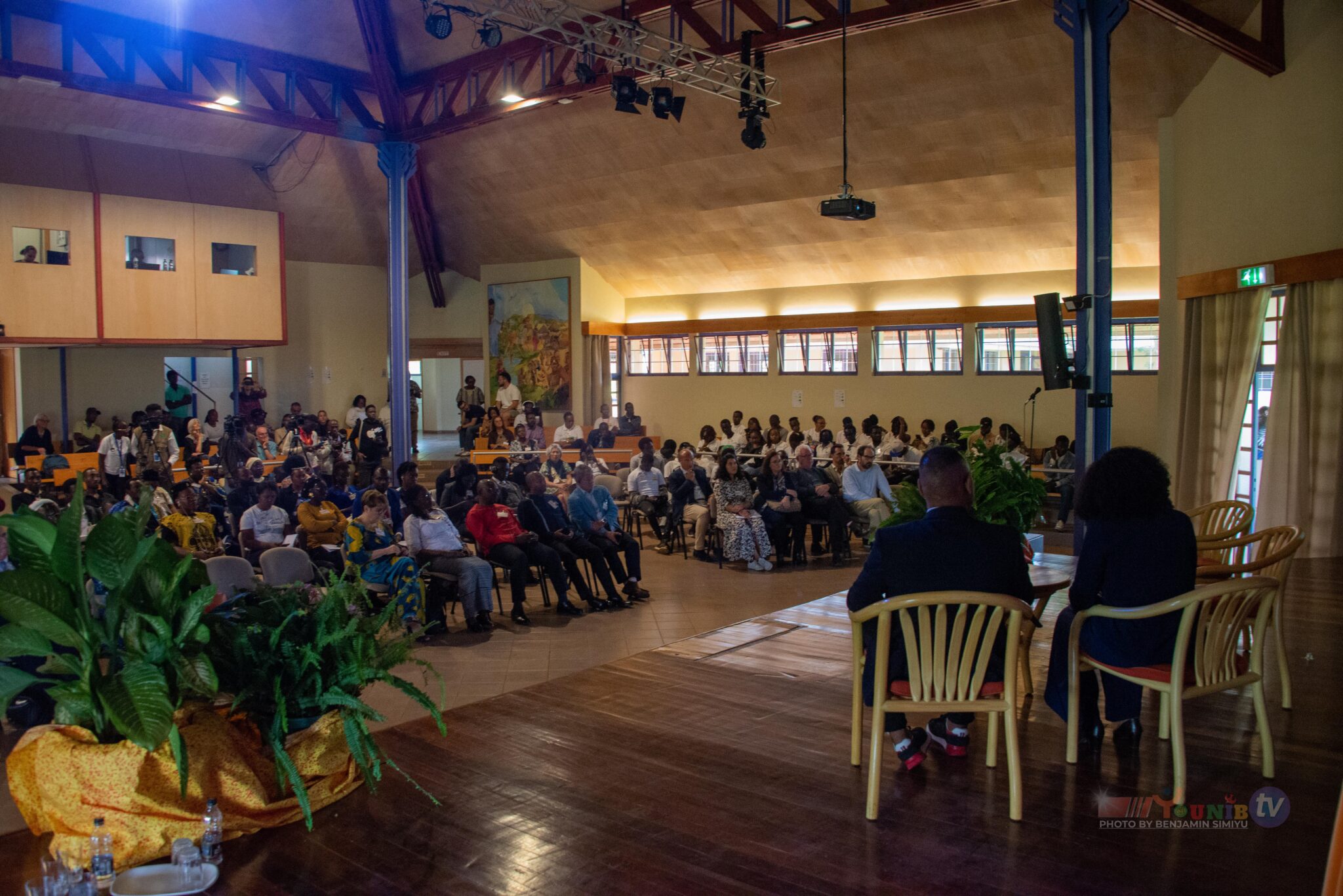
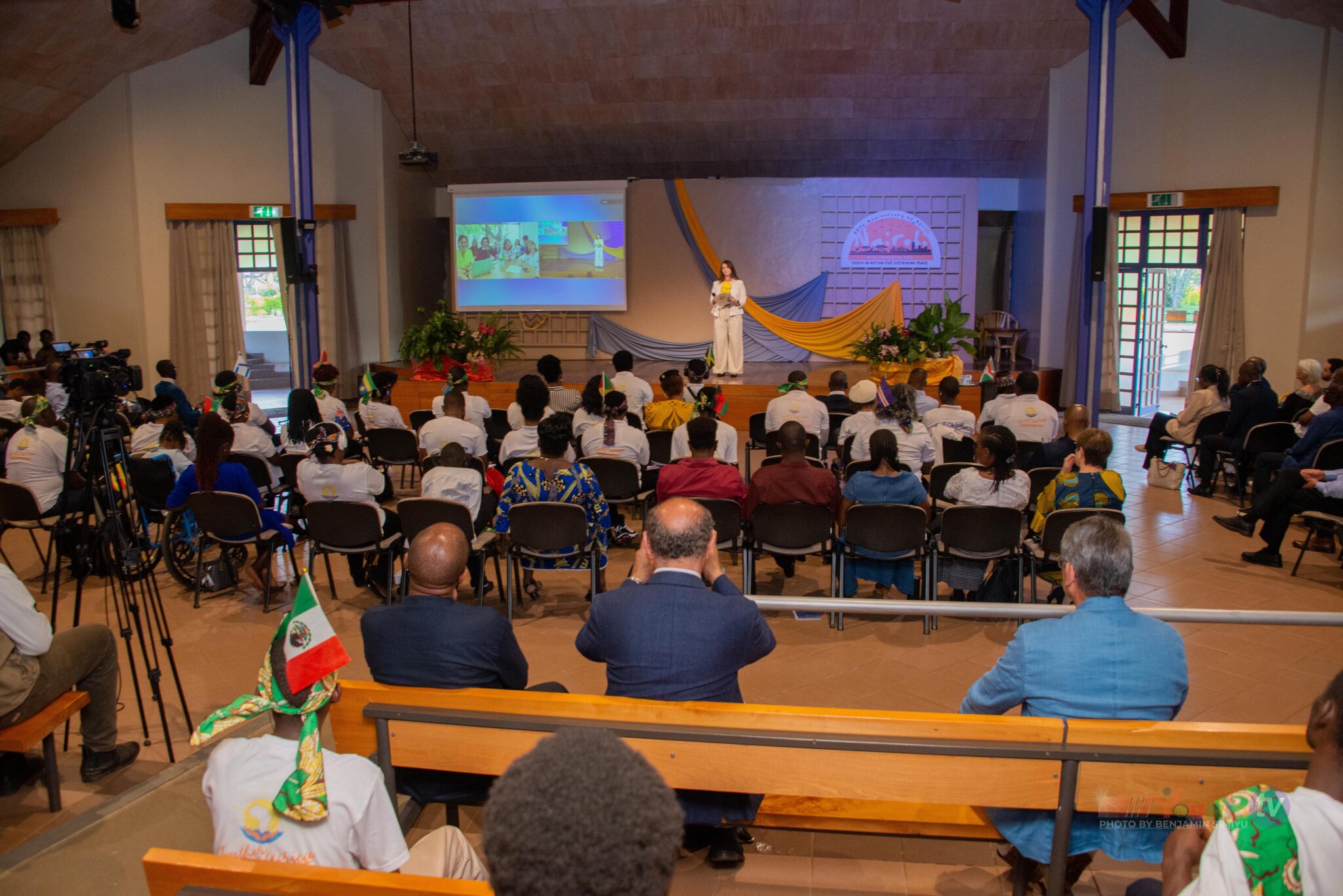
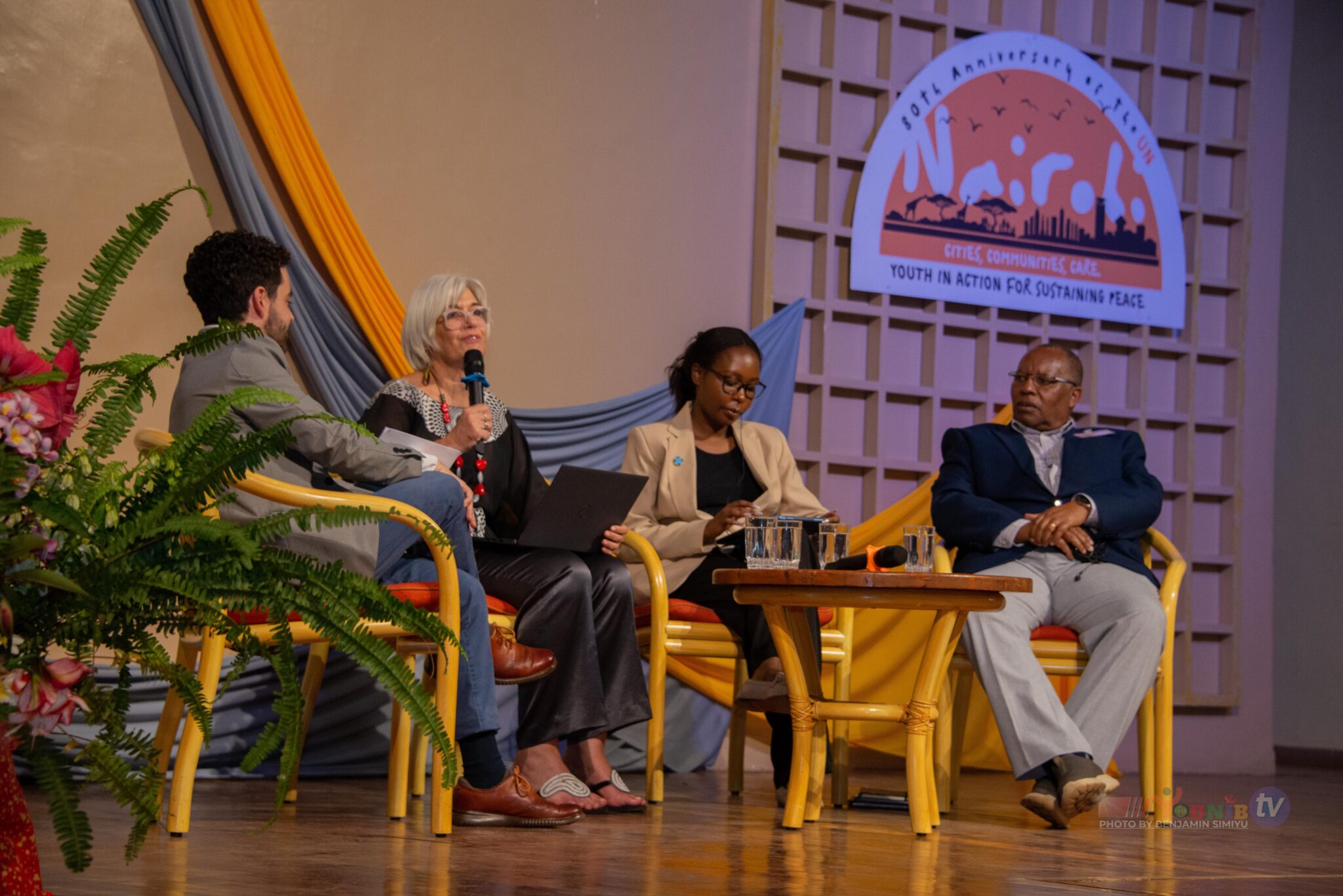
Peace, Urban Development, Environment and Leadership of Communion
According to the youth leaders gathered in Nairobi, this new perspective can only be achieved through the creation of permanent mechanisms of collaboration both locally and internationally – a true effort of building and consolidating networks. The event saw the participation of thirty international speakers, eight round tables, six live link-ups and eight video testimonials, from cities of five continents, with a constant focus on dialogue with young people. The topics addressed touched on peace, urban development, care for the environment and new forms of leadership of communion.
Greetings
The conference was opened by video messages from Felipe Paullier, UN Assistant Secretary-General for Youth Affairs and Margaret Karram, President of the Focolare Movement. Paullier, after recalling that Nairobi is one of the three main headquarters of the United Nations, said that “every war is a defeat for humanity, a failure of dialogue. Young people are not only victims of today’s crises: they are creators, leaders and builders of peace”. And, he added, there are more than 2 billion young people “ready to be equal partners in the construction of our common future”. A clear message for everyone: relying on a generation that “resists hatred, rejects indifference and chooses peace as a daily responsibility”, it is possible to start from cities and communities, because it is “in neighbourhoods, schools, places of worship and local communities that cooperation becomes tangible”.
Margaret Karram recalled the decade-long initiative to form a leadership of communion that was initiated by the Sophia University Institute and the Political Movement for Unity with the “Together for a New Africa” program. In its most recent 3-year cycle, the course, involved 140 young people from 14 African countries, together with tutors and teachers, who in the days leading up to the Conference held their annual Summer School in hybrid mode, to collect and discuss the results of their local actions. Altro programma ricordato dalla Presidente dei Focolari, che raccoglie da un anno 150 giovani di 60 Paesi del mondo, attivi in ambito politico e nella società civile, è “One Humanity, One Planet: Synodal Leadership”. Young people “who train and work to implement good policies and generate social impact, with a vision inspired by the culture of unity.”
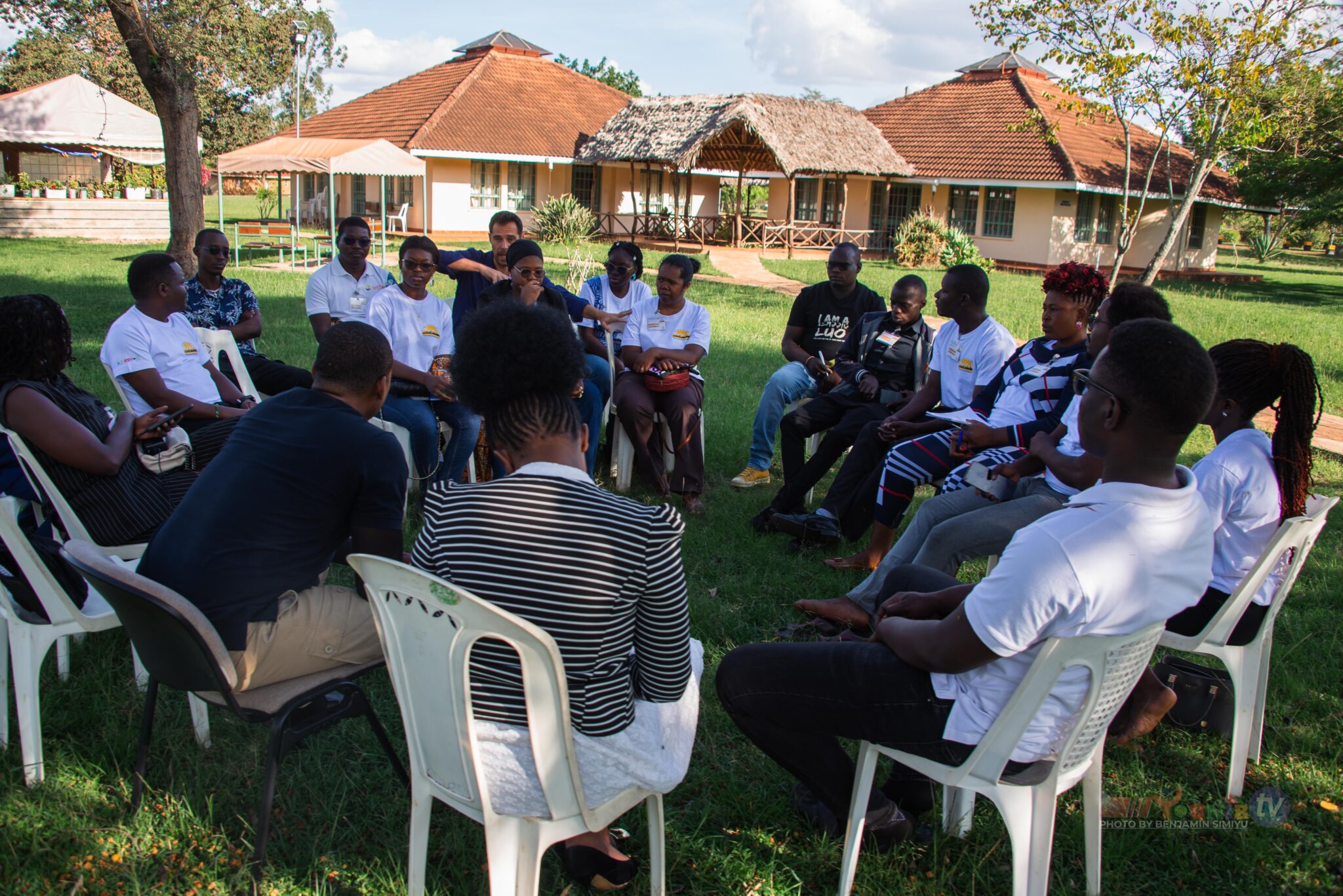
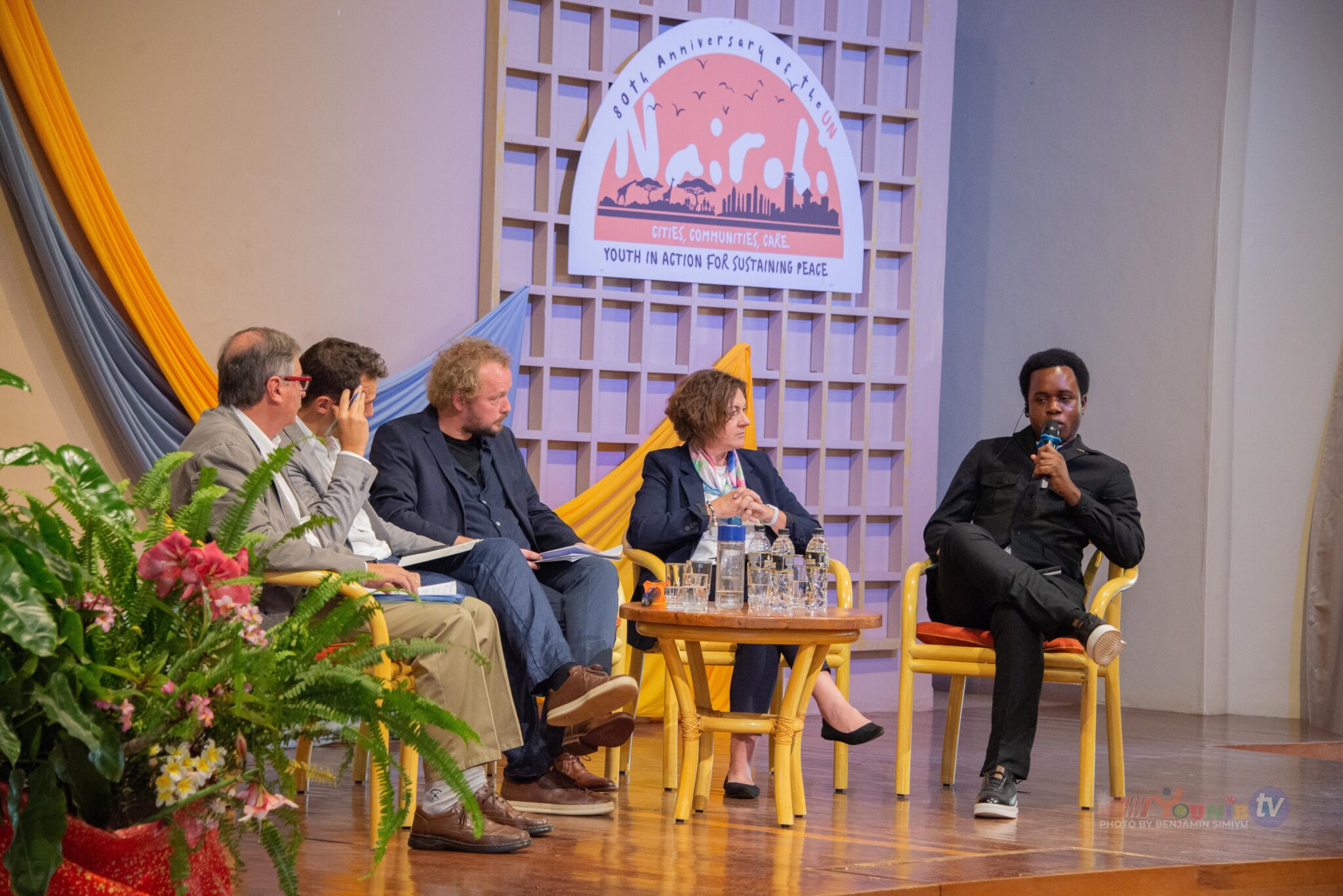
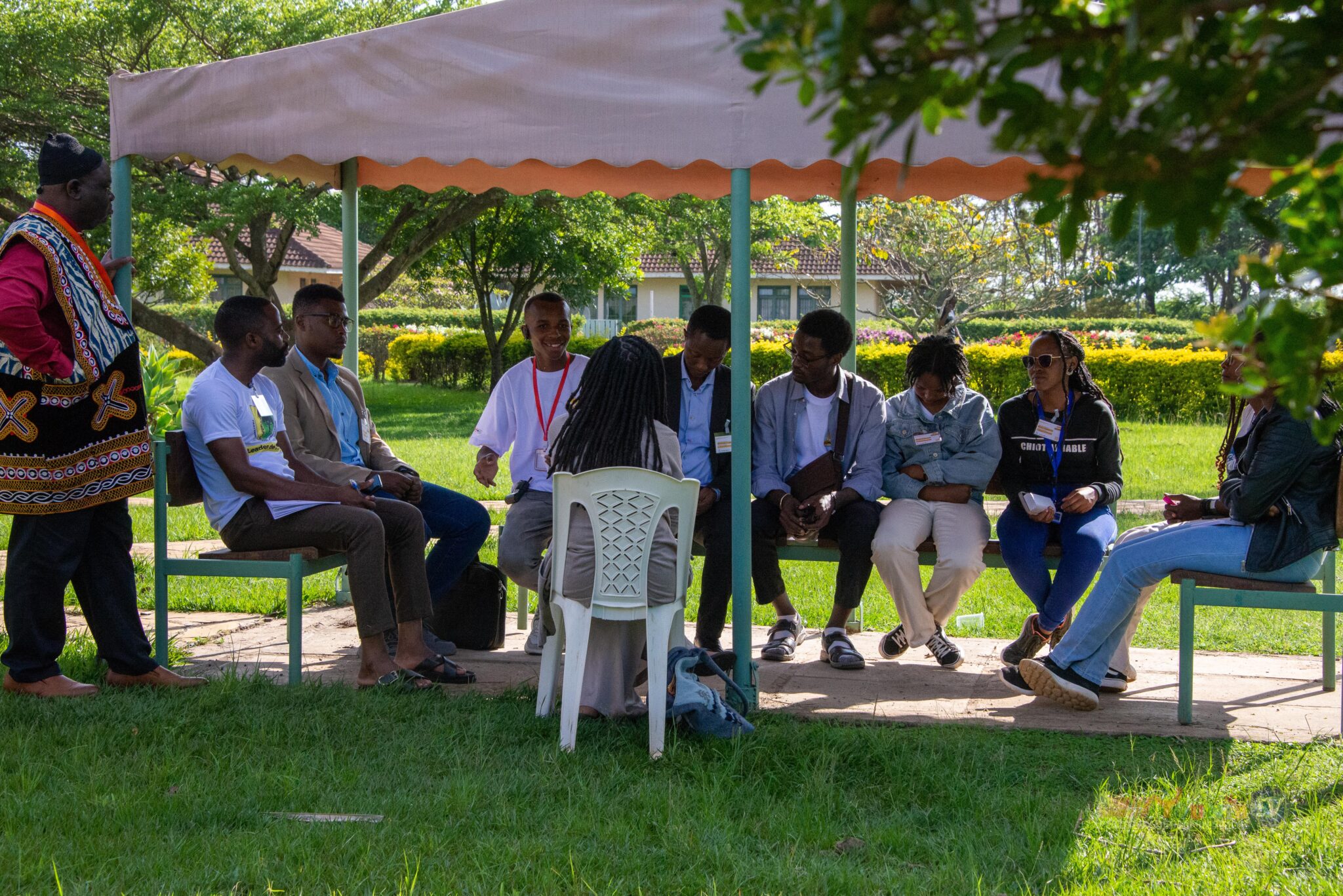
These are perspectives that define the commitment of the entire Focolare Movement, already “culminated in the document ‘Together To Care’ delivered to the UN a year ago”, explained the President, drawing on “initiatives such as Living Peace, which involves over 2 million young people worldwide”; together with “AMU with almost 900 cooperation projects, they testify to a concrete and widespread commitment”. In this context, she welcomed the effort to “shape a common path with which to redefine urban life, enhancing and strengthening social ties” adding: “African cultures have a lot to teach us about this important aspect”. Her invitation to rediscover in the heart of cities “communities of solidarity and reconciliation not perceptible to the human eye”: “‘invisible cities’ that in their smallness, day after day, contribute to building a world network of peace and that show that another world is possible” was striking. She concluded by emphasizing reciprocity as the key to change, which Chiara Lubich had already highlighted in 1997 at the UN Glass Palace: “reciprocity is a goal that can bring us closer, help us grow, that can become a reality when we take the first step towards the other, whoever they may be and whatever their beliefs, to understand their reasons, to seek a connection and to establish a relationship.”
Africa’s Challenges and UN Habitat’s contribution
Among the guests, Christelle Lahoud of UN-Habitat stressed that Africa, the continent with the youngest and fastest urbanizing population, represents both a crisis and an opportunity. Peacebuilding is strengthened when young people can actively participate in decision-making processes, contributing to the creation of safe and inclusive urban spaces. With an urban population estimated to reach 70% globally by 2050, cities are called upon to respond to growing challenges, including inequalities, forced migration, and climate emergencies, which put pressure on social cohesion and resources.
Lahoud highlighted how young people are already playing a leading role in the co-creation of more resilient urban spaces by assessing risks, collecting data and influencing local policies, collaborating with administrations and authorities to shape cities that reflect the real needs of communities. Cities, therefore, become a reflection of how societies live together, build trust across generations and pursue collective well-being, in tune with the ubuntu philosophy.
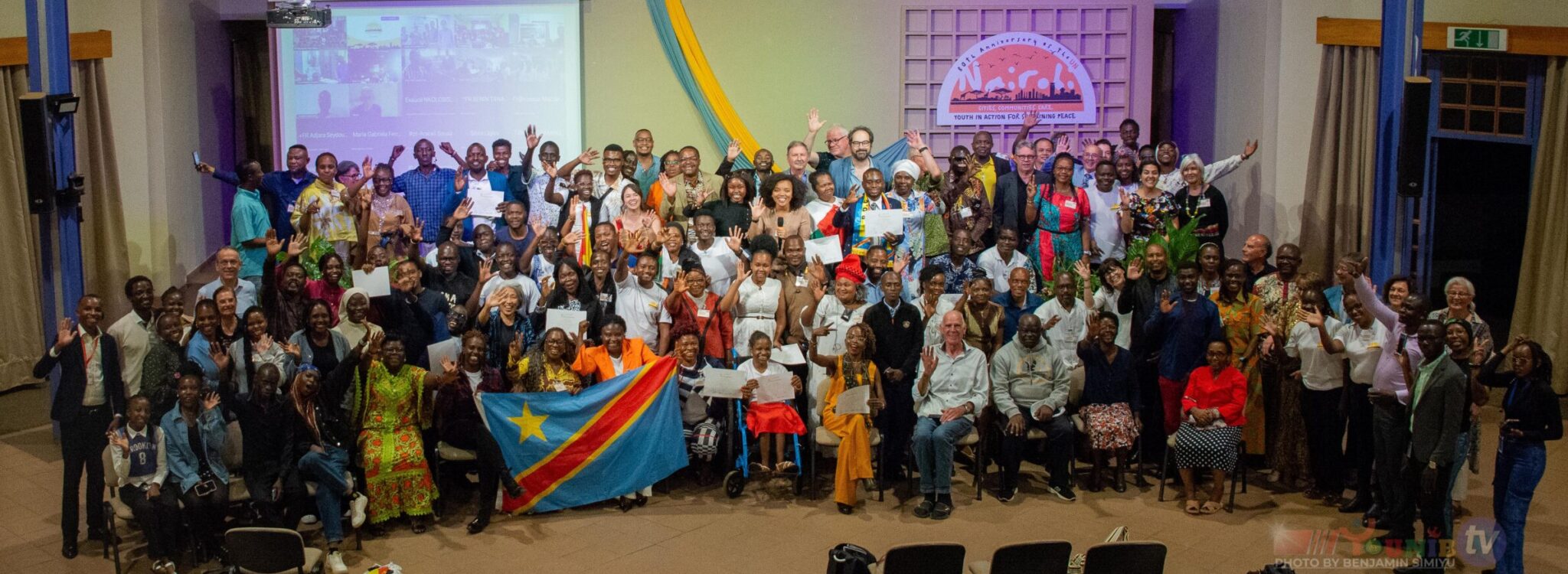
International experiences and engagement in cities around the world
Experiences from cities such as Bethlehem, Beirut, Kinshasa, Trent, Manila, Pajule, Koper and Medellin helped give the event an international dimension, demonstrating that social and cultural transformation can come from the grassroots, through collaboration between civil society and institutions. Testimonies such as that of Agnes Aloyotoo, a candidate in the elections in Uganda and Jonathan Masuta, president of one of the youth federations of the African Union, showed how the new generations are already active in giving young people a voice in executive decision-making.
The message coming from Nairobi is clear: trust in youth leadership is the key to building more just, caring and peaceful societies, starting from cities and local communities. A strong determination to act as a network, both locally and internationally and to promote a culture of peace based on responsibility, collaboration and the inclusion of the new generations is the take away from this event.
Mario Bruno
Photo: Courtesy of Younib TV © Benjamin Simiyu




0 Comments